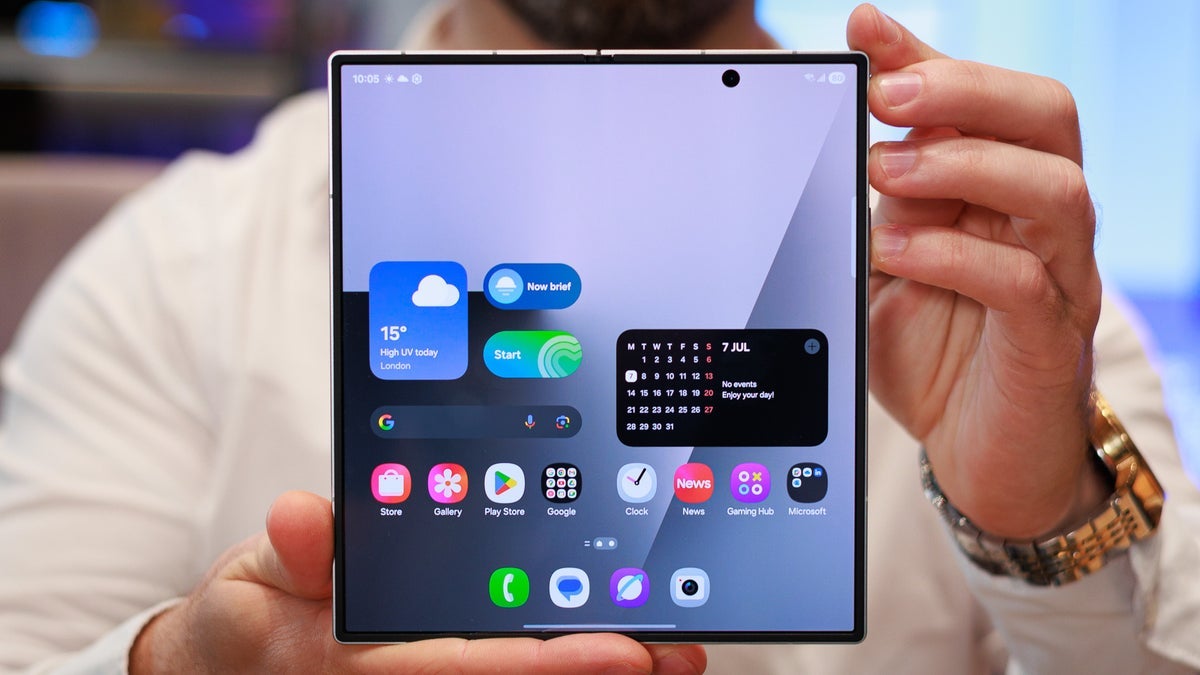In a sensational development that’s shaking up the tech world, Apple has filed a lawsuit against a YouTuber accused of going to extreme lengths to leak confidential information about the upcoming iOS 26 update. According to legal documents, the YouTuber allegedly planted a “spy” at the residence of an Apple employee, aiming to extract unreleased details about Apple’s next-gen mobile operating system.
This incident not only marks one of the most invasive privacy breaches in recent tech history but also raises serious questions about ethics in tech journalism and the growing obsession with early access leaks.
What Really Happened: The Shocking Allegation Behind the Leak
As per Apple’s official complaint, the YouTuber—whose channel specializes in tech leaks and iOS feature predictions—allegedly employed a third party to secretly gather information from an unsuspecting Apple employee. The spy reportedly stayed in close proximity to the employee’s home, possibly as a tenant or a domestic aide, and attempted to intercept internal discussions and documents related to iOS 26 features.
Apple’s legal team stated that this breach constitutes a “malicious and calculated violation” of their intellectual property rights and employee privacy. The company is seeking damages and has also filed for a restraining order to prevent the YouTuber and their associates from disseminating any leaked content further.
Why This Case Matters: Ethics, Security, and the Leak Culture
This incident has triggered widespread debate in the tech community. While leaks have always been part of the consumer electronics ecosystem, this case blurs the line between reporting and espionage. Critics argue that such aggressive tactics set a dangerous precedent and jeopardize personal safety and corporate integrity.
Apple, known for its strict security protocols, has previously taken measures against internal leaks and supply chain disclosures. But this latest case shows that external actors are becoming increasingly bold—and legally vulnerable—in their pursuit of unreleased product information.
Tech analysts warn that if not handled decisively, incidents like these could lead to:
- Tighter internal security policies by tech giants
- Reduced transparency between companies and developers
- Legal reform around digital journalism and personal privacy rights
This lawsuit may serve as a landmark case that redefines what is acceptable in tech reporting, especially with AI tools and social media boosting the reach of such “exclusive” content.
Apple’s iOS 26: The Real Victim in the Shadows?
While the scandal focuses on the unethical means of acquiring information, it overshadows the fact that iOS 26 is reportedly packed with revolutionary features. Industry insiders suggest Apple has been working on integrating AI-based personalization, enhanced privacy controls, and a revamped multitasking UI for iPhones and iPads.
Sadly, due to this leak, some features might be pulled or altered, potentially delaying the iOS 26 rollout or changing development roadmaps to protect innovation and maintain surprise at official launch events.
This situation underscores the double-edged nature of leaks—while they satisfy user curiosity, they also disrupt strategic launches, investor confidence, and user trust.
Final Thoughts: Apple Draws a Firm Line Against Digital Invasions
Apple’s move to sue a YouTuber for such an invasive leak strategy shows the company’s zero-tolerance approach to security breaches and unethical journalism. As fans eagerly await iOS 26, this case serves as a stark reminder of the fine balance between transparency and trust.
👉 What’s your take on this story?
Should tech journalism have limits, or do users have the right to know first? Share your thoughts in the comments and follow us for the latest on this developing story.








